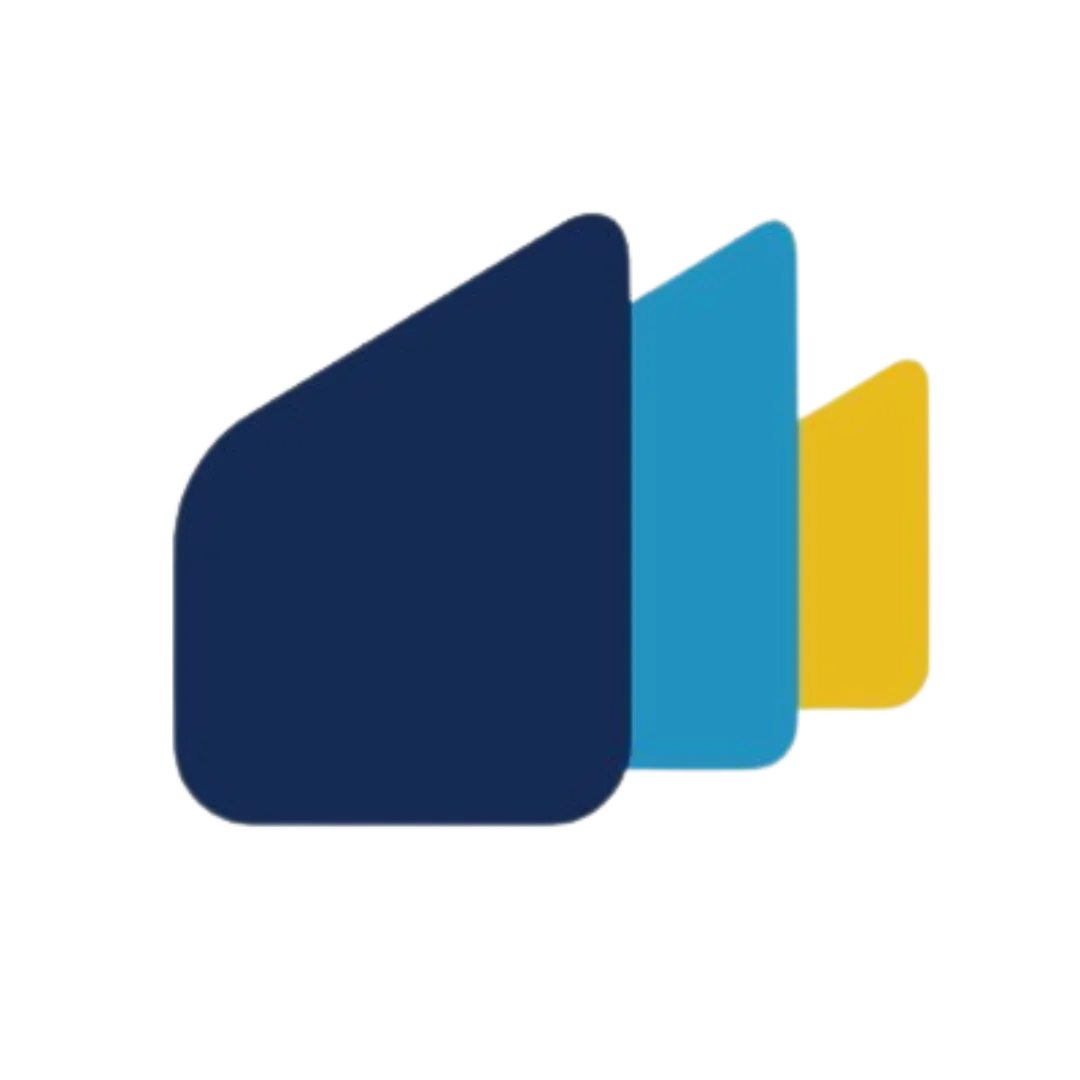
Knowledge Pillars
Knowledge Pillars offers coding certification exams that provide students with industry-recognized credentials through hands-on, practical assessment. Families using this platform to validate their children's programming skills share insights about its effectiveness and implementation:
What Parents and Educators Value
The real-world application of Knowledge Pillars certifications stands out as a major benefit for families seeking tangible outcomes from their children's coding education:
"[Knowledge Pillars provides] a unique, authentic way of testing the skills for the world's leading technologies like Python, C#, and WordPress... [It] provides skills and certifications needed to fill the huge gap between the current skills of IT developers and what the market needs." Training Center Manager via LLPA
Educators appreciate that these certifications represent genuine skill acquisition rather than theoretical knowledge:
"Knowledge Pillars certifications enrich and complete our offering in software development and web editing. We have chosen them for their adherence to reality with an innovative assessment method... they are the most effective in these fields." Educational Partner Testimonial
Success stories from classroom implementations demonstrate that students of varying ages can achieve certification with proper preparation:
"100% pass rate... All students passed on their 1st attempt!" Florida Middle School Teacher
Parents observe that earning these certifications boosts students' confidence and motivation. One parent noted that their high schooler "started taking himself more seriously" as a programmer after earning a Knowledge Pillars certification, which inspired him to pursue more advanced coding projects independently.
The platform's web-based accessibility receives praise from families and schools alike, eliminating technical barriers that might otherwise complicate implementation:
"[The system is] very user-friendly." School Technology Coordinator
Common Considerations
While feedback is generally positive, parents and educators highlight several important factors to consider:
Knowledge Pillars is an assessment platform rather than a complete curriculum, requiring students to learn the material elsewhere before attempting certification:
"[The curriculum is] recommended to take a year and covers the HTML and CSS concepts needed for... the Certification." Educational Blog
The certifications maintain rigorous standards that reflect real-world expectations, which some students find challenging. Data from one educational program showed a 70% first-attempt pass rate for the Python certification—indicating that about 30% of students needed additional study before succeeding.
Since Knowledge Pillars is relatively new (launched in 2020), some parents report needing to explain the value of the certifications to others:
"I had to explain what the certification was to our co-op, as they hadn't heard of it." Homeschool Parent
The per-certification pricing model can add up for families whose students want to earn multiple credentials. While each exam is moderately priced (typically $50-$75), pursuing certifications in several programming languages might require budget planning.
Who Thrives with Knowledge Pillars?
Based on parent and educator feedback, Knowledge Pillars works particularly well for:
- Self-motivated middle and high school students who enjoy hands-on learning
- College-bound teens looking to strengthen their applications with industry credentials
- Students pursuing career and technical education pathways
- Learners who have completed coding courses and want validation of their skills
- Homeschoolers seeking external assessment of their programming knowledge
- Schools implementing coding programs that want measurable outcomes
Students may need additional support if they:
- Are just beginning to learn coding (certifications work best after initial instruction)
- Struggle with test anxiety or time pressure
- Need significant guidance through the learning process
- Prefer a more structured, curriculum-based approach to learning
Implementation Strategies
Families and educators who successfully use Knowledge Pillars typically:
- Pair certification exams with complementary learning resources (online courses, textbooks, or coding classes)
- Ensure students complete sufficient practice before attempting the proctored exam
- Utilize the practice labs extensively to build confidence with the testing environment
- Check if their school or homeschool charter program will cover certification costs
- Celebrate and document the achievement for college applications or portfolios
- Time certification attempts to align with completion of related coursework
Overall, parent and educator feedback suggests that Knowledge Pillars offers valuable validation of coding skills when implemented as part of a comprehensive learning strategy. The hands-on assessment approach ensures students genuinely master practical programming skills, providing a meaningful credential that can enhance academic portfolios and early career prospects.
Subjects covered
Programming Languages: Python, JavaScript, Java, C#, C, C++, PHP, T-SQL
Web Technologies: HTML, CSS, WordPress (including role-specific credentials like WordPress Certified Editor, WooCommerce Specialist)
Computer Science Fundamentals: Algorithmic thinking, problem-solving
Special emphasis: Hands-on, practical assessments in a live coding environment; vendor-neutral certifications
Teaching Format
Online delivery: 100% web-based platform, no software installation needed
Interactive format: Hands-on, live-in-the-browser coding tasks for practical skill application
Self-paced structure: Students can practice independently and progress at their own speed
Assessment approach: Proctored online exams in a real coding environment; unlimited practice tests available
Mentor support: Teacher or mentor involvement in classroom settings; independent study for home learners
Implementation flexibility: Can be integrated into existing curricula or used as a standalone assessment tool
Accessibility: Designed to be user-friendly and accessible from any internet-connected device
Pricing
One-Time Exam Fees: Approximately $50–$75 per certification exam
AI Essentials for Educators: $49.95 for the full package (course + exam)
Bulk/School Licensing: Available for schools to purchase exam credits or site licenses for multiple students
Included Materials: Practice platform and labs included with exam access
Free Resources and Discounts: Promotions may offer free testing for educators; some programs may cover costs for students
Cost for Multiple Exams: Additional fees apply for each certification pursued; budget planning recommended for multiple credentials
Parent Involvement
Low to Moderate involvement required
Primary role: Parents serve as facilitators, overseeing the setup and registration process
Independent student work: Students are expected to navigate the platform and practice independently
Monitoring and encouragement: Parents may need to encourage consistent practice and check progress periodically
Logistical support: Parents assist with exam logistics, ensuring a suitable environment for proctoring
Post-certification involvement: Parents may help celebrate achievements and leverage certifications for future opportunities
.webp)